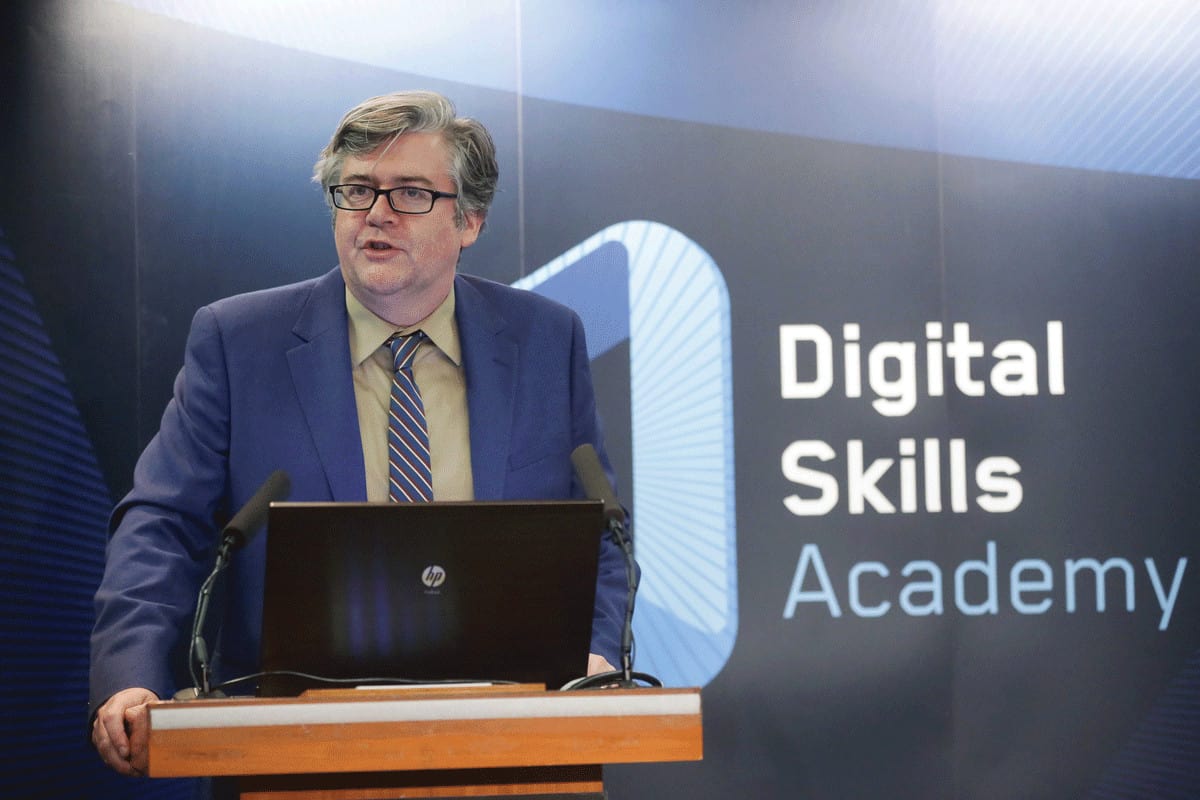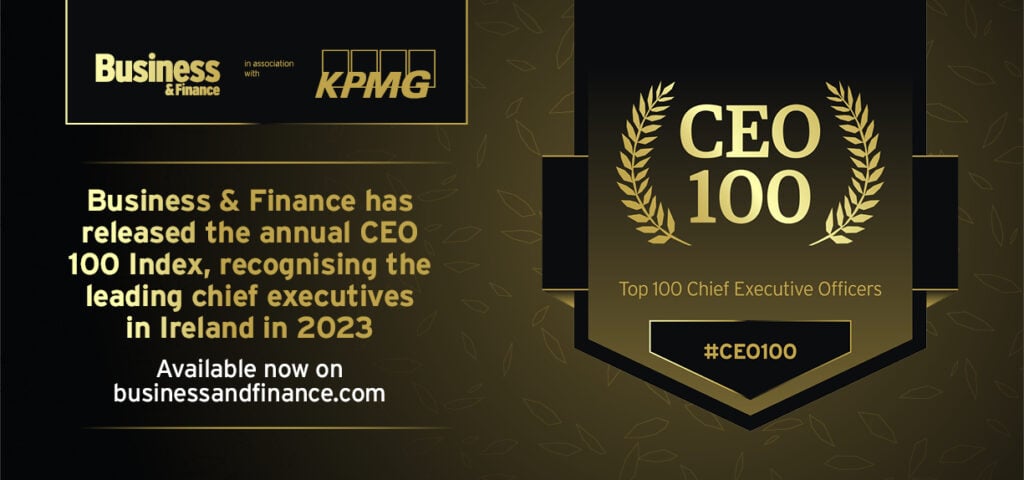How can Ireland win gold in the digital jobs race and ensure businesses have access to exceptional digital talent? Paul Dunne has the answer.
Not a week goes by that there isn’t a job announcement for new digital jobs. In fact, professional job announcements this year are already up 20% on last year. For a country that is coming out of one of the worst economic recessions, that’s an amazing situation to be in. We are becoming the envy of Europe. The number of home-grown and international companies expanding here is nothing short of phenomenal. While the term ‘tech capital of Europe’ may have been bandied around in recent years, sometimes more as a statement of hope, I think we can now safely use it as a statement of fact. Ireland has arrived.
But it’s not all green shoots. We still have an unemployment rate of circa 14% and a huge amount of young talent languishing out of work or leaving the country. For a knowledge economy, this isn’t clever. Providing more opportunities for people to reskill in digital will not only help reduce unemployment numbers and reverse the brain drain, but will also ensure that we have a constant supply of high grade digital talent.
Across Europe, the race is on to increase the supply of ICT and digital talent. While it has been a huge jobs growth area, the reality is we do not yet have a big enough supply of ICT and digital talent to serve current and future demands. In fact, if our supply of talent were to remain at the same rate as it is, without any increase, it is estimated that Europe would have an ICT skills shortage of close to one million practitioners by 2015. That’s an awful lot of potential unfilled jobs and an awful lot of jobs that Ireland, the tech capital of Europe, could capture.
Fostering digital talent
So here’s my elevator pitch. Let’s massively increase the supply of digital talent in this country. And let’s do it fast. If we increase our supply, we will not only serve the expansion of the tech companies already here, but also the ones that are currently weighing up Ireland as their new European base. As if we needed any other reason, let’s not forget that our SMEs, our exporting companies need digital skills too. It’s absolutely critical, particularly when you consider that companies that have a strong web presence grow twice as fast, export twice as much and create twice as many jobs.
We cannot continue to have a situation where more than half of Irish businesses that tried to recruit IT specialists in 2012, reported difficulties in filling these vacancies. This is according to the recent European Commission’s annual Digital Agenda scoreboard. The countries that can seize this opportunity to execute bold policies required to supply the talent to meet future demand will be rewarded. Meeting just 5% of this excess demand would result in 50,000 new high-quality direct jobs, the creation of 150,000 to 200,000 additional indirect jobs, huge social welfare savings and a massive boost to the exchequer revenue.
The opportunities are in our grasp, and are achievable. So what are we waiting for?
About Digital Skills Academy
When José Manuel Barroso, President of the European Commission, and Martin Schulz, President of the European Parliament, start name-checking you, you must be doing something right, and this is just the case for Irish company, Digital Skills Academy.
Founded in 2008 by educator and entrepreneur Paul Dunne, Digital Skills Academy has quickly made a big impact on the digital technology scene as an innovator in digital education. President of the European Parliament, Mr. Martin Schulz said to tackle the problem of youth unemployment Europe must support initiatives like Digital Skills Academy.
So what has brought Digital Skills Academy to the attention of the top echelons of political power in Europe? Quite simply, they have thrown out the traditional education rule book. Their digital technology programmes are squarely focused on developing great ‘industry-ready’ digital talent that businesses need and want.
The programmes are designed to reflect a real working environment, and challenge-based learning is central to this, so participants develop a digital product for a real client. Paul says “this isn’t a rehearsal, this is the real world and there is nothing like a real client with real deadlines to focus your mind on learning the skills you need to deliver the end result.” Overseeing the projects are industry mentors who share their experience and expertise.
With such a refreshing approach there is no surprise to learn that major players like The IDA, Ernst & Young, Oracle, BT Ireland, Digiweb, Electric Ireland, and really smart startups like Soundwave and Redeem & Get have lined up to work with participants, through Digital Skills Academy’s industry partner programme. In fact, over 80 companies and organisations have done so in just the last two years.
Most importantly the programmes are delivering the talent that the industry needs.. In the Academy’s WebElevate programme over 70% of graduates are progressing into employment, results which speak for themselves.
With their star shining bright and receiving much attention internationally, it’s little surprise that Digital Skills Academy has its sights on international expansion. Watch this space.







